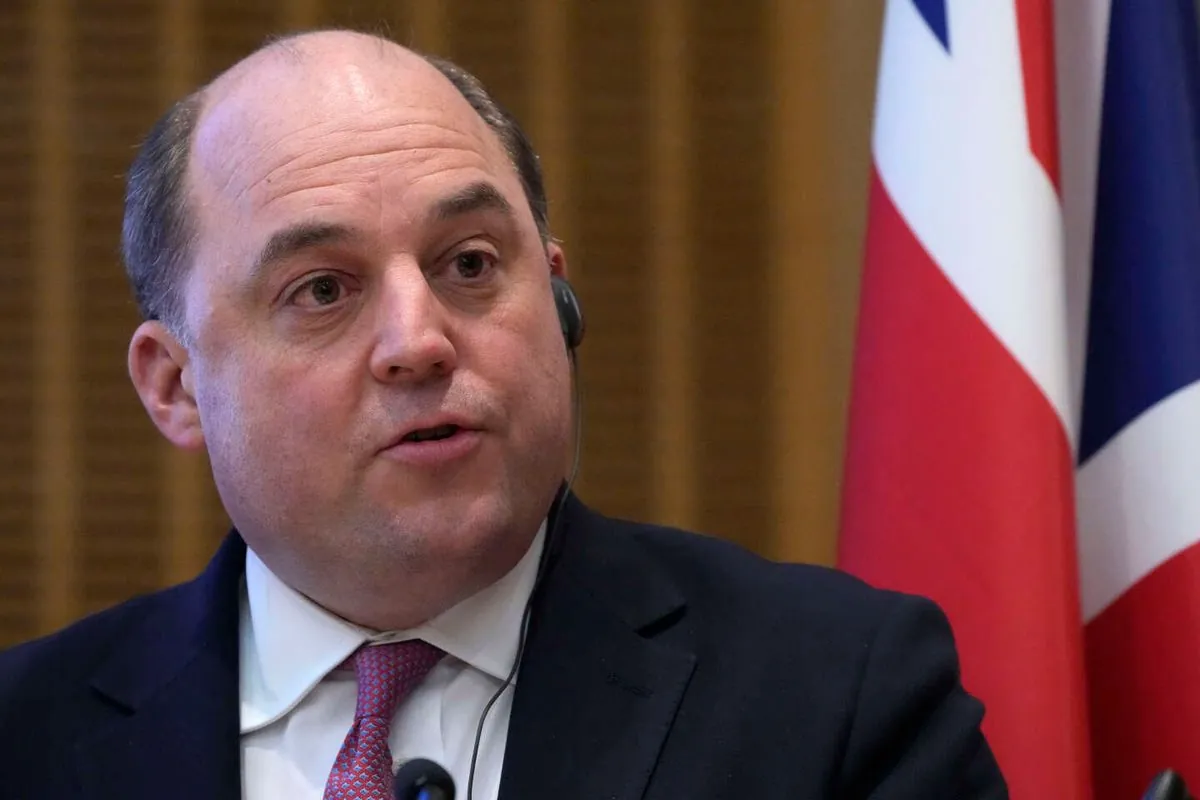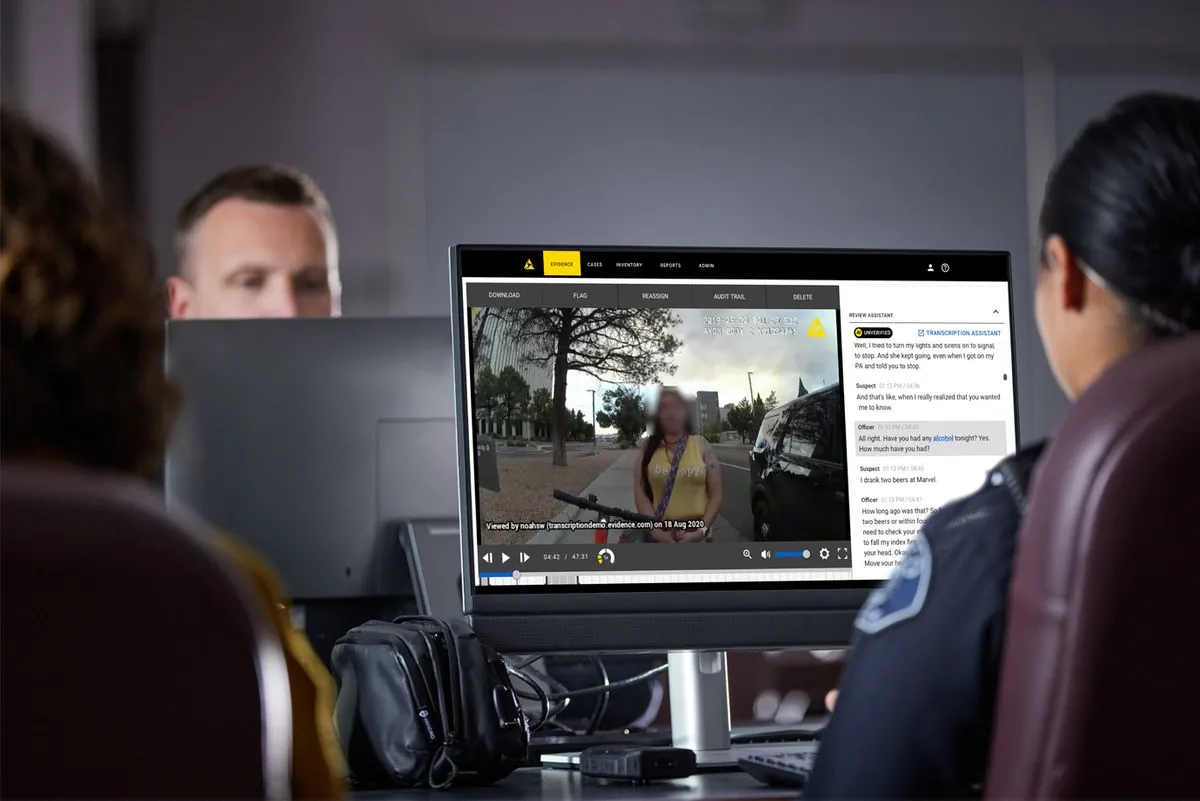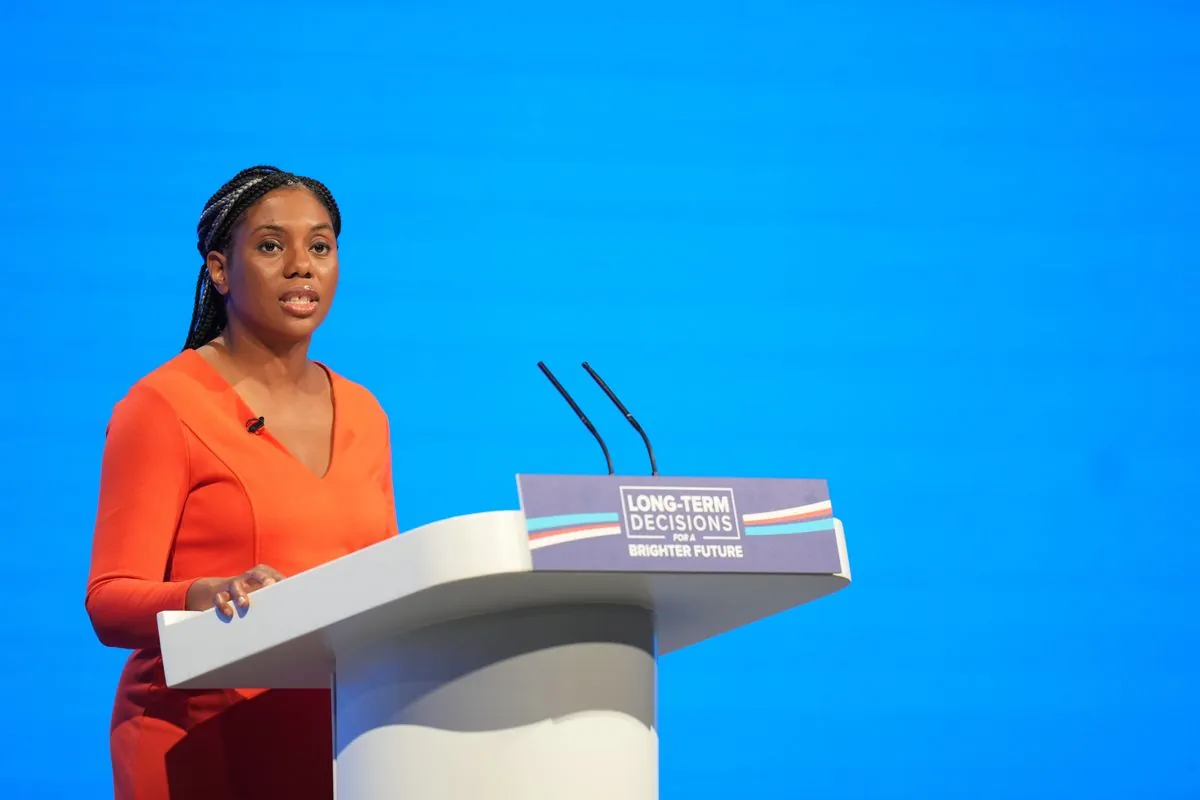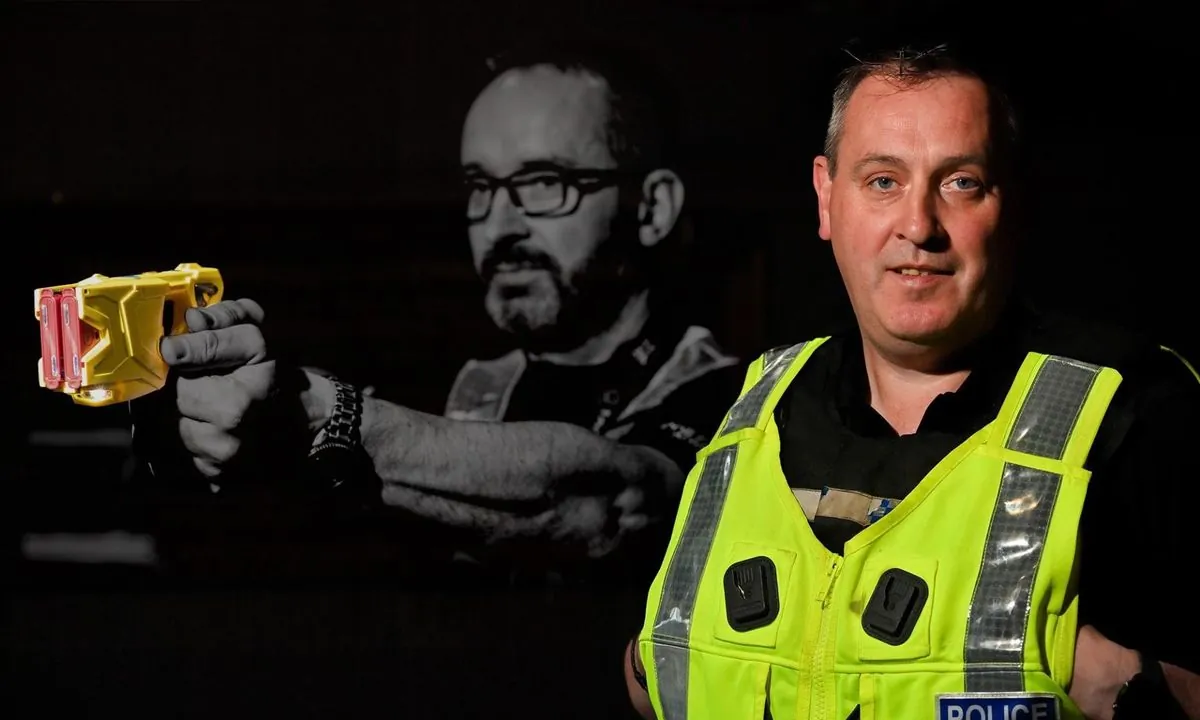Starmer Under Fire: Labour's Candidate Selection Process Scrutinized
Keir Starmer faces criticism over ties to Lord Alli and candidate selection process. Former Alli employee's role in choosing Labour MPs raises questions about party integrity and leadership promises.
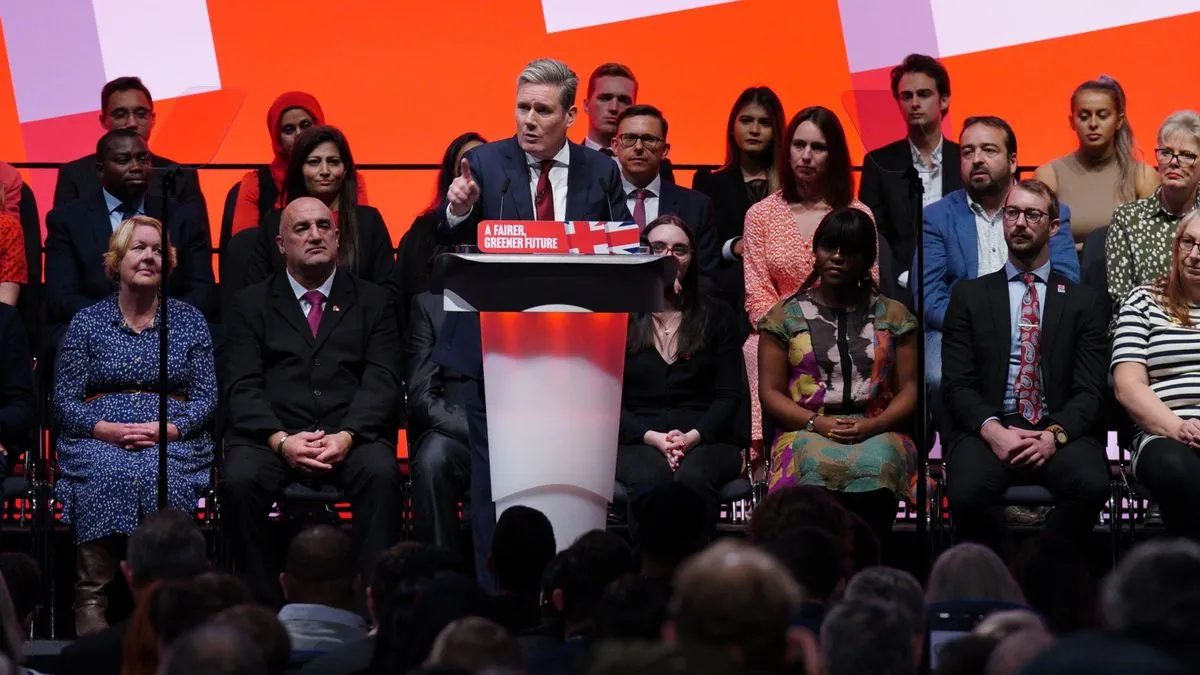
The Keir Starmer leadership of the Labour Party, founded in 1900, faces renewed scrutiny over its relationship with Lord Alli and the process of selecting parliamentary candidates. This controversy has emerged as the party prepares for a general election, which must occur no later than January 2025.
At the center of the debate is Matthew Faulding, who oversaw candidate selection for the upcoming election. Faulding previously worked in Lord Alli's office while on secondment from BM Creative Management. Critics argue that this connection has led to the imposition of favored candidates on local Labour associations, a practice colloquially termed "parachuting."
The Labour Party Conference, an annual event alternating between Brighton and Liverpool, has been overshadowed by this issue. The controversy extends to Lord Alli's donations to Starmer for clothing and eyewear, coupled with the donor receiving a Downing Street security pass. This situation has been dubbed the "passes for glasses" affair.

Lord Alli has maintained a low profile at the conference, avoiding the main hall and fringe events. On Monday, he was observed exiting the conference secure zone, passing by Education Secretary Bridget Phillipson without acknowledgment. When approached by a Sky News reporter, Lord Alli responded, "Please don't – this is not very nice."
The influence of Lord Alli on candidate selection has angered some Labour members. Mark Seddon, a former Labour candidate and ex-member of the National Executive Committee (NEC), expressed his concerns on social media:
"The same Matt Faulding who fixed the selections is now Secretary of the Parliamentary Labour Party, keeping them all in check. Rotten to the core."
Journalist Michael Crick reported on several candidates allegedly "parachuted" into constituencies, including Josh Simons, Calvin Bailey, James Asser, and Luke Akehurst. These selections have been viewed as part of an effort to align the party with Starmer's vision.
This approach contradicts Starmer's earlier promise not to impose candidates on local party associations. The Labour leader, who assumed his role in April 2020, now faces accusations of "riding roughshod" over members' wishes. Some have labeled the imposed candidates as "Starmtroopers," suggesting a purge of those deviating from the party line.
The controversy has led to resignations among party members who feel disenfranchised by the selection process. This dissatisfaction comes at a crucial time for Labour, which has been in opposition since 2010 and last won an election in 2005 under Tony Blair's leadership.
Matthew Faulding, 35, brings a diverse background to his role. He previously served as a deputy director at the left-wing think tank Progress and held a directorship at the Lowick Group, a strategic communications consultancy, before his association with Lord Alli.
As the Labour Party, with its 198 MPs and over 500,000 members at its peak in 2020, prepares for the upcoming election, these internal conflicts threaten to undermine its campaign. The party, which has governed the UK for a total of 30 years since its formation, faces the challenge of maintaining unity while adhering to its motto, "For the Many, Not the Few."
The ongoing debate raises questions about the balance between central party control and local democratic processes within Labour. As the conference continues, all eyes will be on Starmer and his team to address these concerns and present a united front to the electorate.






























